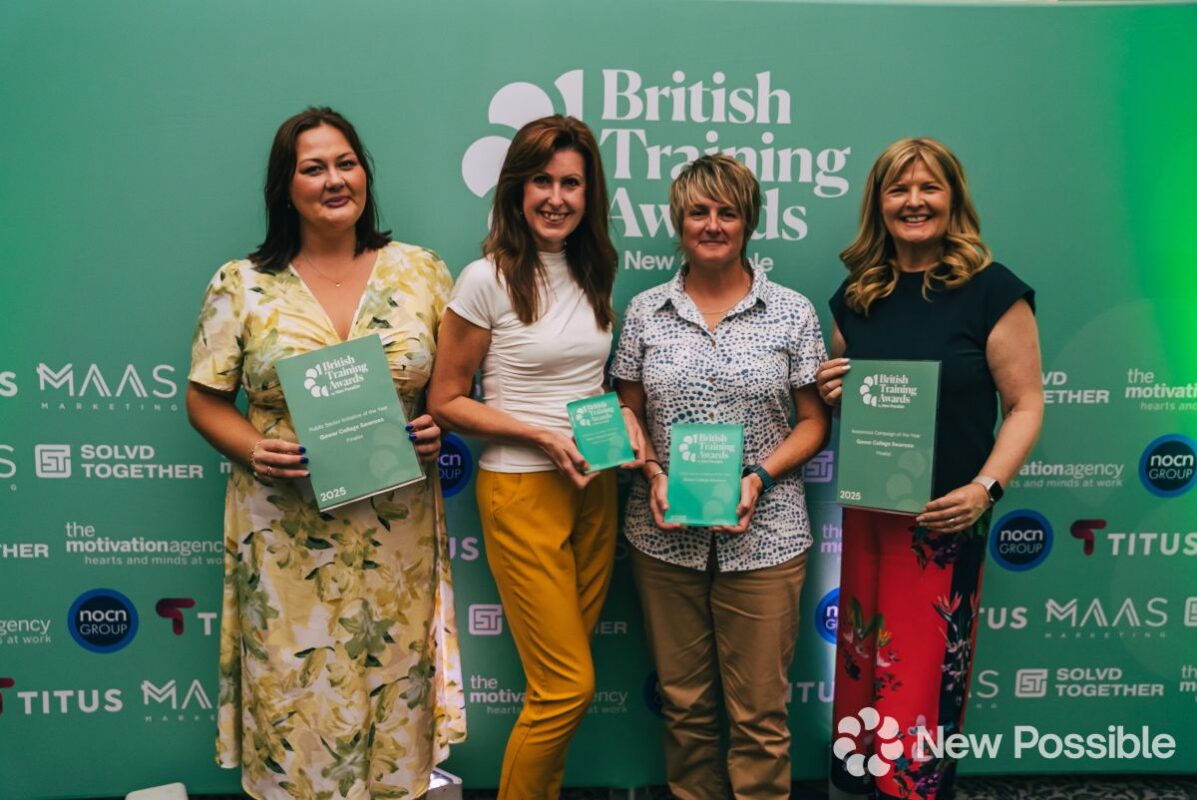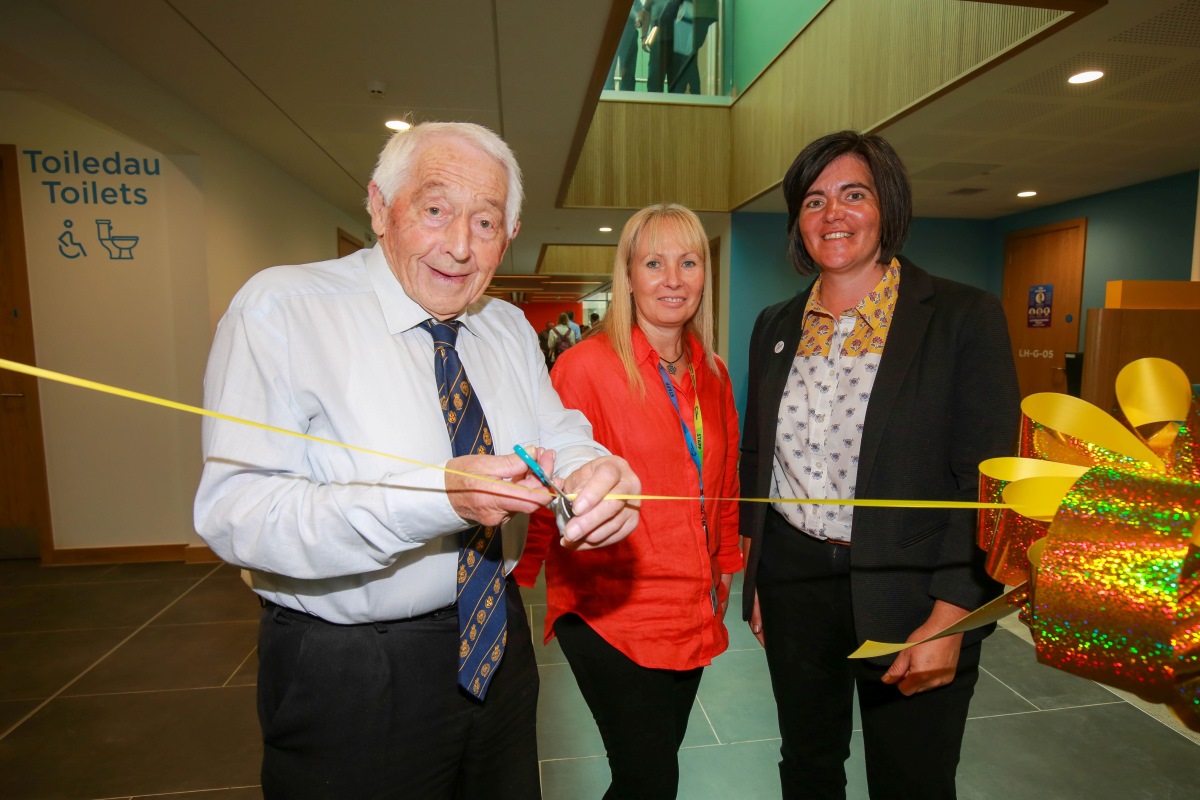How to deliver Labour’s Education Mission

On Thursday, Keir Starmer announced that essential skills such as speaking, teamwork, creativity and problem solving are part of Labour’s education mission, and should form a core part of education.
Specifically, Labour is committing to review the national curriculum and assessment if they come to power, making clear that essential skills will play a central role. They also commit to creating a new body, Skills England, which would aim to bring together a fragmented skills landscape.
For the over 850 education institutions, social impact organisations and employers that form the Skills Builder Partnership, this is another important step forward. Across the country – and across the globe – thousands of organisations and millions of individuals are already building essential skills, not because it is mandated by government but because they see the impact on their employees, beneficiaries and students.
The commitment to essential skills is likely to be popular across the country: educators and employers have been calling for these changes for decades. The Sutton Trust found that 97% of teachers and 88% of young people say that essential skills are at least as important as academic achievement for future success. UK workers feel the same: the Essential Skills Tracker 2023 found 92% believe that essential skills are important for success within their career.
This new commitment builds on the recommendation in Lord Blunkett’s recent skills report that essential skills should be taught in education, with the rigour of the Skills Builder Universal Framework. It also recognises the cross-sector demand for building essential skills: the Universal Framework is already backed by organisations like the Careers & Enterprise Company, IfATE, BITC, the CIPD and Gatsby Foundation.
There is huge potential for building essential skills into the national curriculum and assessment. Research shows that individuals who have opportunities to build these skills in education have higher skill levels. In turn, higher levels of the eight essential skills lead to higher skilled, higher paid jobs. They are as strong a predictor of social mobility as literacy and numeracy and so the potential of putting them on a par in our education system is huge.
We are incredibly excited about the prospect of continuing to work with all parties to share 15 years’ of insights and learnings from across the Partnership. By ensuring that every child and young person has the opportunity to build essential skills with rigour, we can remove barriers to opportunity.











Responses